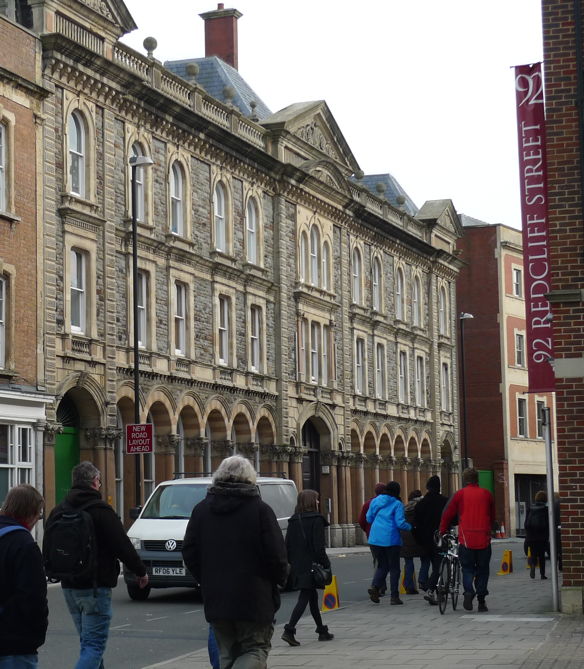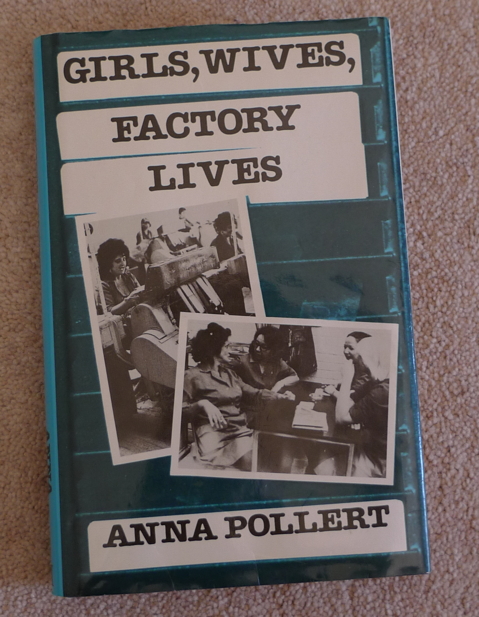
I entered the shop floor of the small Bristol tobacco factory, Churchmans, in 1972. I wanted see, hear and smell the work and to talk to women manual workers about their work, their lives and their views. They were called ‘semi-skilled’ workers. What they did, weighing and cutting and rolling tobacco awed me with its speed and skill. Yet they could talk above the overwhelming rattle of machinery. Amazingly, I could interview them too. I had approached several larger factories in Bristol to do research, and even to get a job. Nobody else would have me. And it was lucky I wasn’t allowed to work, but could only interview, provided I didn’t ‘interrupt production’ – because I couldn’t have managed those jobs, jobs which were supposed to come with women’s ‘natural dexterity’ – ‘fiddly jobs’. There were women ranging from sixteen to around forty across the factory. I talked to them, asked them questions and they asked me questions. We had group discussions. And I probed views, which once got back to management (‘what was I talking about equal pay for?’).
Looking back after fifty years brings home several striking things. Most factory work in Bristol, indeed in Britain, is a thing of the past. Iconic manufacturing sites are now parts of industrial history. If you Google Bristol Churchmans, the Bristol factory is absent (only the Ipswich site comes up). As for the Imperial Group, which owned Churchmans (the corporate history is explained in the book), I see online ‘Imperial Brands’, no longer in Bedminster, but still a global company in a spanking modern complex in Ashton Gate, where ‘We celebrate the enduring success of our iconic, much-loved tobacco brands. At the same time, we are innovating to create potentially lower-risk products, delivering increasingly satisfying experiences for consumers’. Its building says ‘Blu’ – a vape company. In Europe, they own Gauloises.
And looking back at the early 1970s? It was a time of union militancy – the dockers’ strike, Pentonville Five and more (all in the book) and the birth of the Women’s Liberation movement. I wanted to explore women’s working lives hidden from history. ‘Girls, Wives Factory Lives’ (p. 19) explores Churchmans as ‘what lay on the other side of this silence among a group of women workers within the walls of one, small, ‘ordinary’ factory: young girls, mothers, housewives – a group so often dismissed as ‘conservative’, ‘apathetic’ or ‘backward’! My research uncovered a complex of voices, living with and against capitalism and the men around them.
